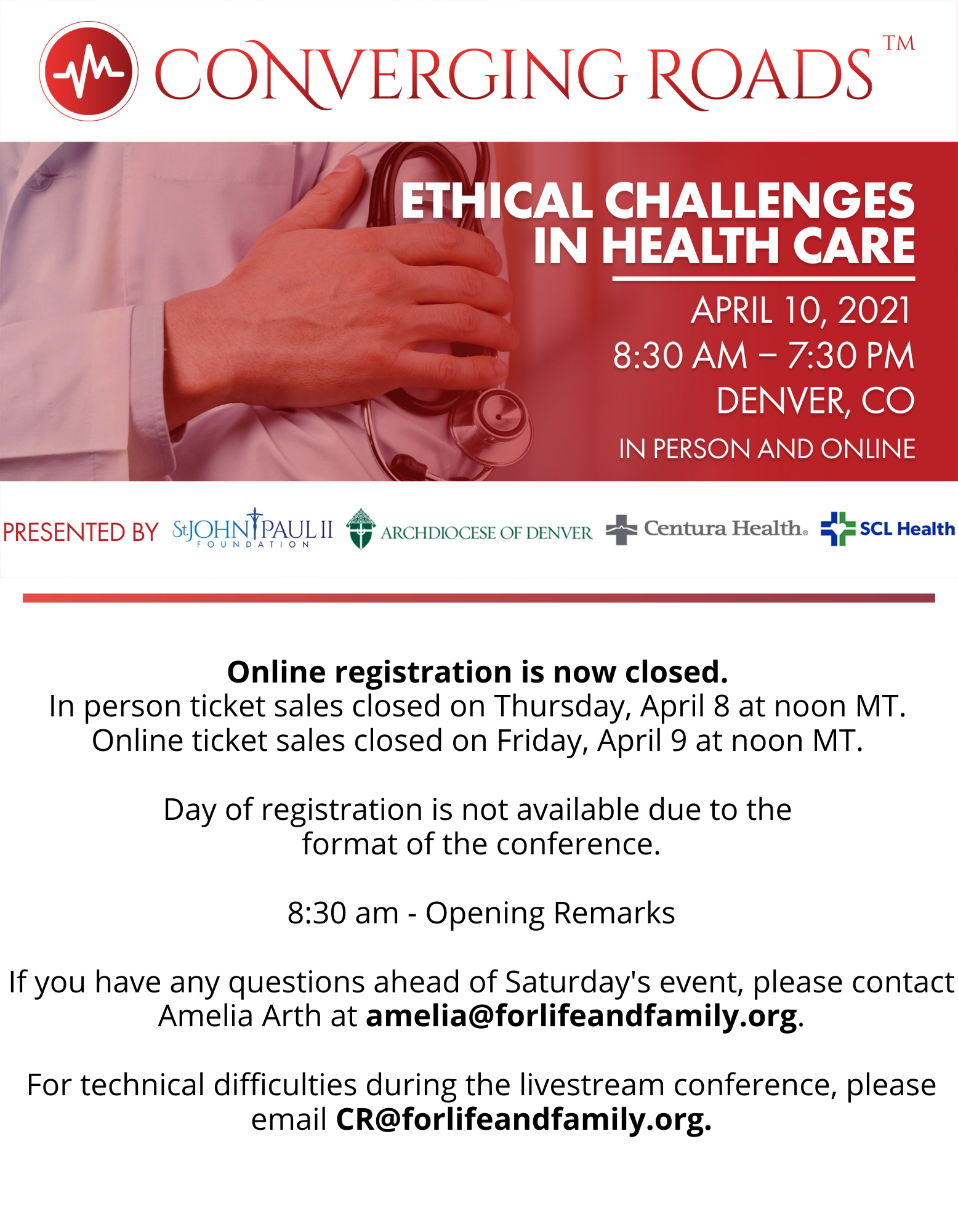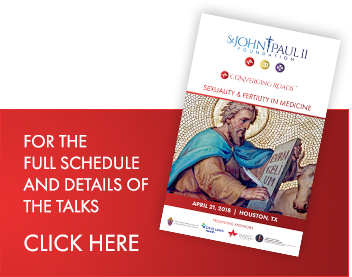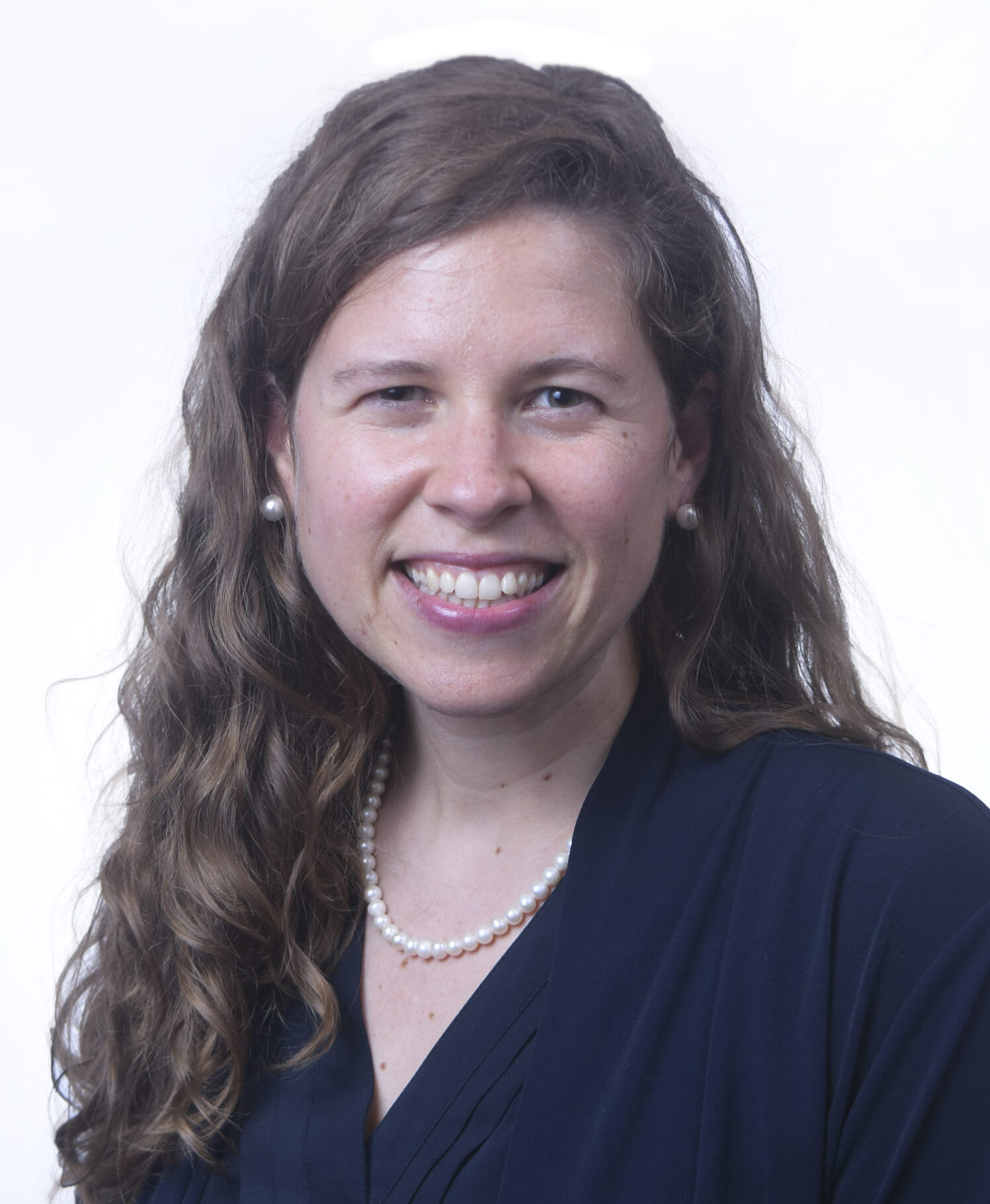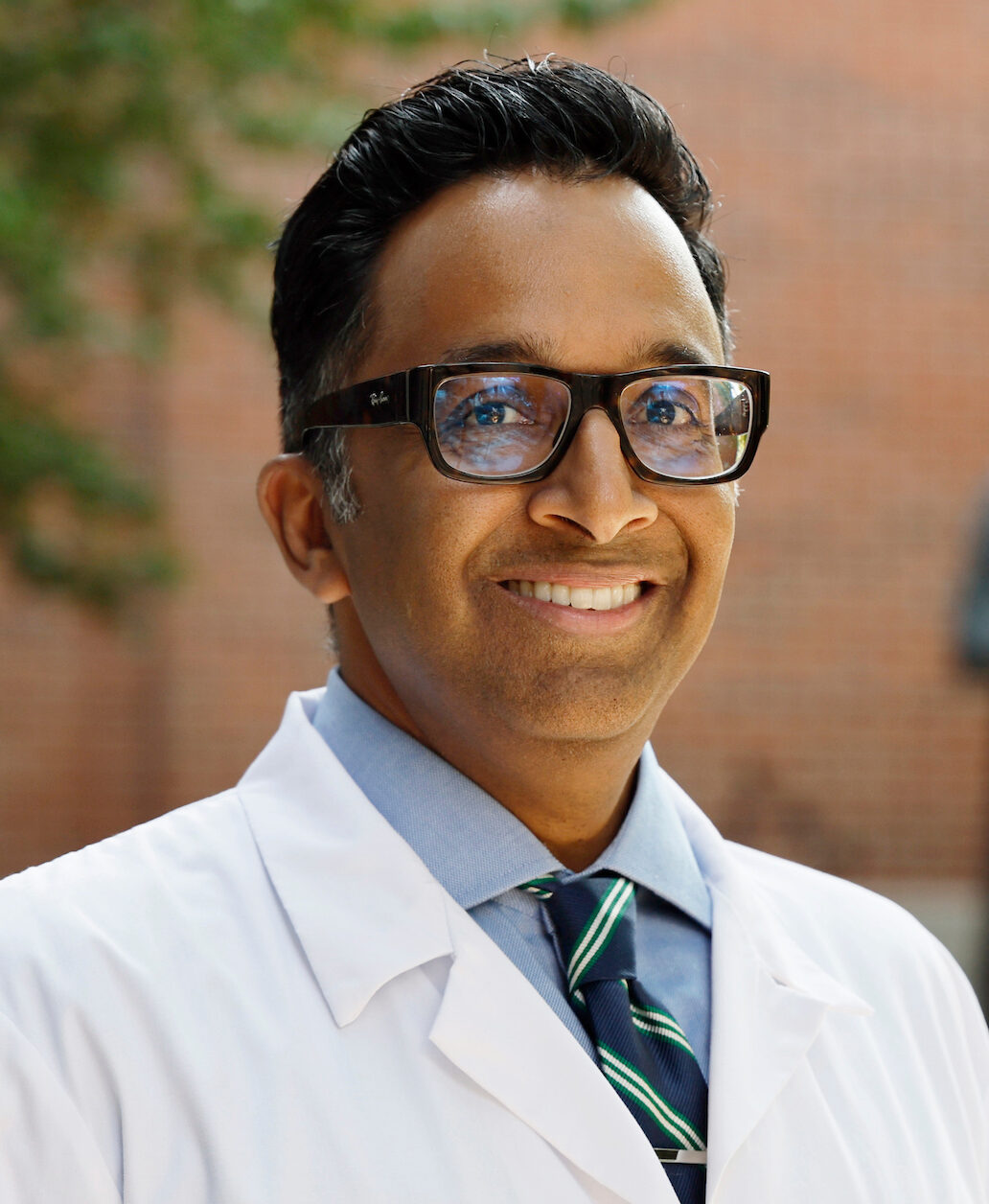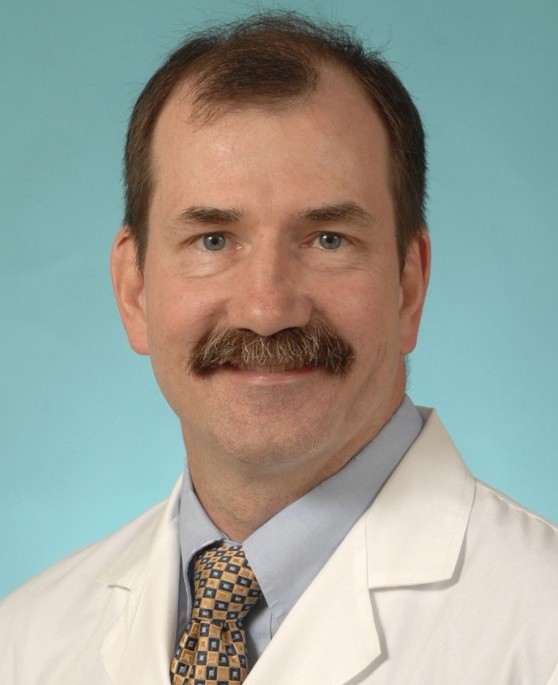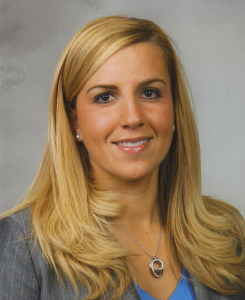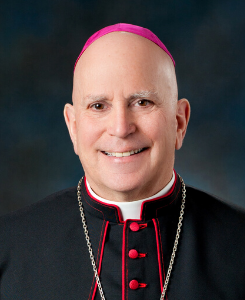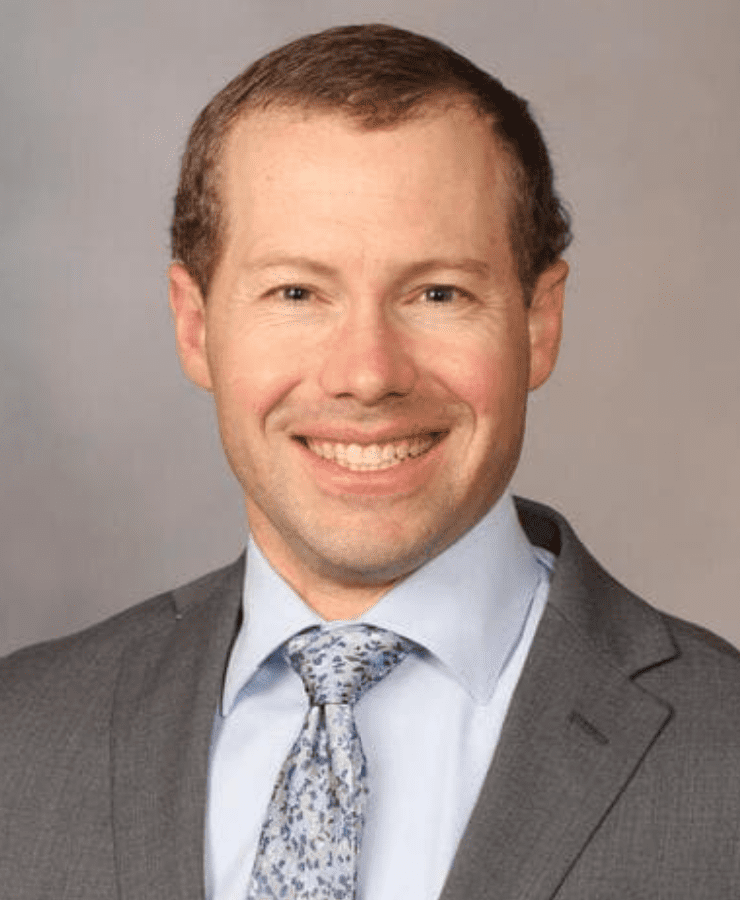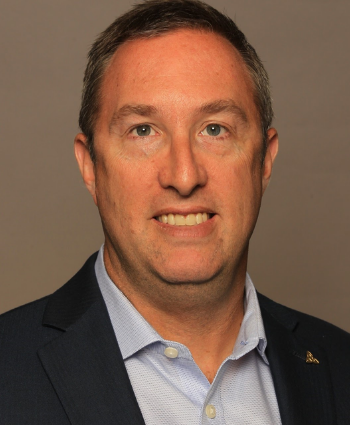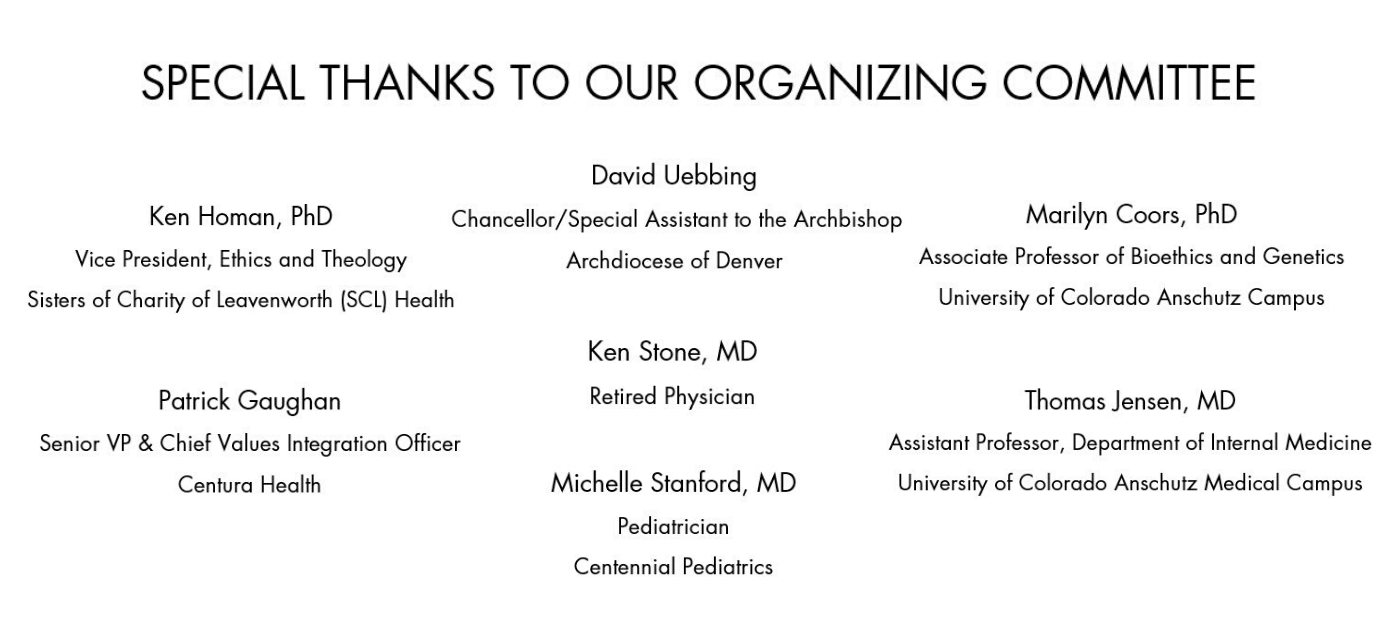about Converging Roads
Where Health Care Ethics and Medicine Converge
Converging Roads is a regional conference series offering continuing education for health care professionals that equips them to practice the highest ethical and medical standards of their profession. To learn more about Converging Roads, click here.- "What I appreciated most about Converging Roads was the fact that each issue was treated with care and with nuance. It was not the same arguments I have always heard, and each issue was examined from multiple perspectives. Presenters were well informed in medicine, ethics, and Catholic teaching, providing well rounded presentations that honored both God and science."
- -Previous Converging Roads attendee

Health + Safety Guidelines
-
The St. John Paul II Foundation and our presenting sponsors remain hopeful that Converging Roads will take place in person as planned under the guidance of Diocesan, city, and state recommendations. In order to meet the needs of our conference attendees, this year’s Converging Roads will be offered both in person and online. Please see below for ticket options and pricing.
- We know that Converging Roads is a vital ministry to you as health care professionals, and we look forward to serving you through this conference. We will ensure adequate social distancing and encourage the use of masks when social distancing cannot be maintained.
- *Policy is subject to change; dependent on Diocesan, city, and state guidelines at the time of the conference.
REGISTRATION
REGISTRATION IS NOW OPEN
FOR SPONSORSHIP OPPORTUNITIES AND MORE INFORMATION, CONTACT
- Amelia Arth, Conference Coordinator
- 832.779.1070
- [email protected]
-
In-Person Ticket Options:
- Physicians/Physician Assistants: $149
- Nurses/Nurse Practitioners: $129
- General Admission*: $79
- Medical residents, clergy, or religious*: $69
- Student Scholarship Rate**: $15
-
Online Ticket Options:
- This will include access to the livestream on Saturday, April 10, as well as approximately 72 hours of access to the recordings (from noon MT on Sunday, April 11, to 11:59 pm MT on Wednesday, April 14).
-
- Physician/Physician Assistant: $119
- Nurse/Nurse Practitioner: $99
- General Admission*: $49
- Medical resident, clergy, or religious*: $39
- Student Scholarship Rate**: $0
- *Not eligible for CME/CNE credits, however, Chaplain certificates of completion can be requested upon registration for continuing education purposes.
- **Not eligible for CME/CNE credits
Exhibitor Opportunities:
Includes 1 exhibitor booth, in-person admission for 1 organizational representative, and inclusion in our Virtual Exhibitor Hall.- Ministry/Non-Profit (including CME/CNE credits): $170
- Ministry/Non-Profit (not including CME/CNE credits)*: $100
- Vendor/For-Profit (including CME/CNE credits): $220
- Vendor/For-Profit (not including CME/CNE credits)*: $150
- *Not eligible for CME/CNE credits, however, Chaplain certificates of completion can be requested upon registration for continuing education purposes.
TOPICS
-
Gender Dysphoria in Children & Adults: Science, Ideology, and Ethics
- Paul Hruz, MD, PhD
-
Natural Law and Medicine in a Pluralistic Society
- Ashley K. Fernandes, MD, PhD, FAAP
-
Rights of Conscience and Religious Liberty in the Midst of Consumer Driven Medicine
- Most Rev. Samuel J. Aquila
-
The Duty to Care When Facing Personal Risk
- Matthew R. Kenney, PhD
-
Artificial Intelligence and the Common Good: Avoiding a Form of Barbarism
- Dominique J. Monlezun, MD, PhD, PhD, MPH
-
Navigating Moral Distress as a Practitioner: Lessons from Palliative Care
- Sarah E. Hetue Hill, PhD; and Natalie Rodden, MD
-
Proportionate & Disproportionate: When Medical Decision-Making is Shared Responsibility
- Sarah E. Hetue Hill, PhD
SCHEDULE
7:45 AM |
|
8:30 AM |
Opening Remarks |
8:45 - 9:40 AM |
Natural Law and Medicine in a Pluralistic Society |
9:45 - 10:40 AM |
Proportionate and Disproportionate: When Medical Decision-Making is a Shared Responsibility |
10:55- 11:50 AM |
The Duty to Care When Facing Personal Risk |
11:50 AM - 1:20 PM |
Hippocratic Oath Luncheon |
12:20 - 1:15 PM |
Artificial Intelligence and the Common Good: Avoiding a Form of Barbarism |
1:40 - 2:35 PM |
Gender Dysphoria in Children and Adults: Science, Ideology, and Ethics |
2:40 - 3:35 PM |
Navigating Moral Distress as a Practitioner: Lessons From Palliative Care |
3:55 - 4:50 PM |
Rights of Conscience and Religious Liberty in the Midst of Consumer Driven Medicine |
5:30 - 6:15 PM |
White Mass |
6:15 - 7:00 PM |
Wine & Cheese Reception |
Speakers
SPONSORS
CONTINUING EDUCATION

Accreditation
This activity has been planned and implemented in accordance with the accreditation requirements and policies of the Accreditation Council for Continuing Medical Education (ACCME) through the joint providership of Christian Medical & Dental Associations and St John Paul Foundation. The Christian Medical & Dental Associations is accredited by the ACCME to provide continuing medical education for physicians.
Physician Credit
The Christian Medical & Dental Associations designates this educational activity for a maximum
of 7 AMA PRA Category 1 Credit(s)™. Physicians should only claim credit commensurate with the extent of their participation in the activity.
Physician Assistant
AAPA accepts certificates of participation for educational activities certified for AMA PRA Category 1 Credit(s)™ by an organization accredited by the ACCME or a recognized state medical society. Physician assistants may receive up to 7 credits for completing this activity.
Nurse Practitioner
The American Academy of Nurse Practitioners Certification Program (AANPCP) accepts AMA PRA Category 1 Credit™ from organizations accredited by the ACCME. Individuals are responsible for checking with the AANPCP for further guidelines. Nurse practitioners may receive up to 7 credits for completing this activity.
Nursing
This educational activity has been approved by the Ohio Nurses Association (ONA), an accredited approver by the American Nurses Credentialing Center’s Commission on Accreditation (OBN-001-91). 7 contact hours approved.
Objectives:
• Define religious liberty and rights of conscience and discuss their foundation and importance to individuals and institutions.
• Identify the challenges to these rights resulting from consumer-driven medicine and a secularized culture for individuals and institutions.
• Discuss legal protection offered to medical professionals and institutions including current laws and resources available to medical professionals
• Describe the challenges of a Christian healthcare provider in serving the whole person in an era of secular medical ethics.
• Identify means of maintaining the integrity of faith and reason in the current cultural environment.
• List ways for the medical professional to maintain a proper lived understanding of freedom and conscience in the face of a secular medical ethic that sees assisted suicide as a legitimate medical intervention at the end of life.
• Define proportionate and disproportionate and provide specific examples
• Identify the weaknesses of the language of futility in decision making.
• Describe the criteria used to determine whether a treatment is morally obligatory (proportionate) or morally optional (disproportionate).
• Discuss how decision making is impacted when it is shaped by the perspective and input of numerous parties with varied expertise.
• Discuss medical psychosocial realities of gender dysphoria.
• Identify anthropological and medical basis for medical and psychological interventions.
• Evaluate medical outcomes of puberty suppression and gender reassignment and whether these interventions are in keeping with medical data and best patient outcomes.
• Review the medical literature on gender dysphoria in adult and pre-adult population.
• Describe capacity and how we determine it clinically and how to determine what patient populations fall into the category of diminished capacity.
• Identify the developments in AI within medicine.
• Explore potential ethical and unethical uses of AI in medicine
• Describe the future of medicine in light of technological developments within the field of AI
• Discuss the importance of walking with a patient at the end of life.
• Identify specific measures which can assist patients to embrace peace.
• Share examples of struggle and success in accompanying patients and being a compassionate presence in the midst of suffering.
• Identify the responsibility medical professionals have in caring for the sick, including those who may expose them to heightened risk.
• Discuss what bearing the role of justice, prudence, and the Hippocratic oath have on cases.
• Cite examples in case studies and protocols that can help medical professionals secure the health of both the patient and the medical professional.
• Determine if and when a heightened personal risk may preclude a medical professional from providing medical care to patients that expose them to heightened risks.
Chaplains
The National Association of Catholic Chaplains has approved this program for 7.0 Continuing Education Hours. Please select the General Admission or Clergy/Religious (if applicable) ticket option and request a certificate of completion on your registration form. For questions, please email [email protected].
Venue
Risen Christ Catholic Parish
3060 S Monaco Pkwy
Denver, C0 80222
For More Information:
Amelia Arth, Conference Coordinator
817.300.2173
[email protected]
CONTACT US
-
PHONE
832.779.1070
-
PHYSICAL ADDRESS
1177 W Loop South, Ste. 940
Houston, TX 77027 -
MAILING ADDRESS
P.O. Box 5927
Katy, TX 77491
